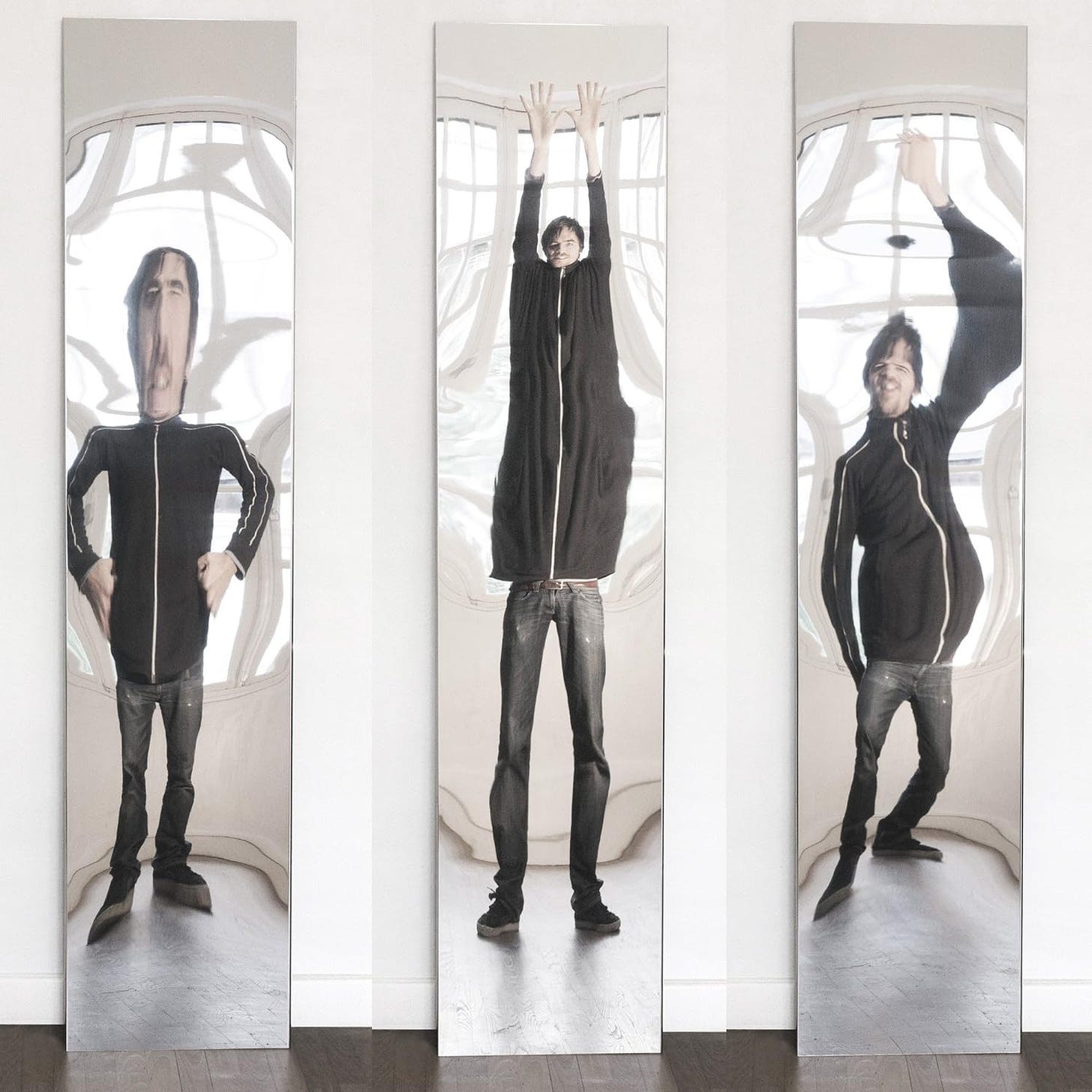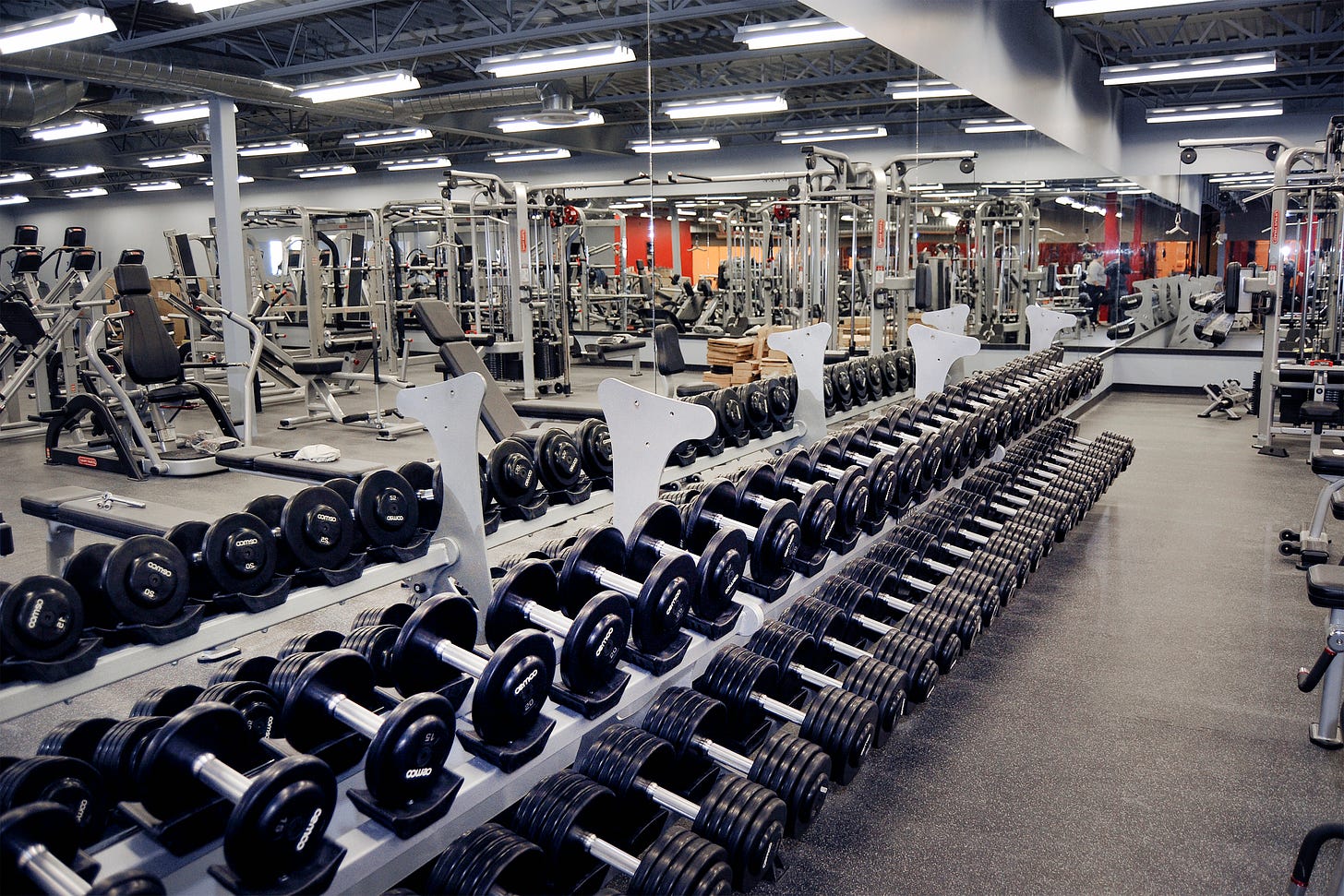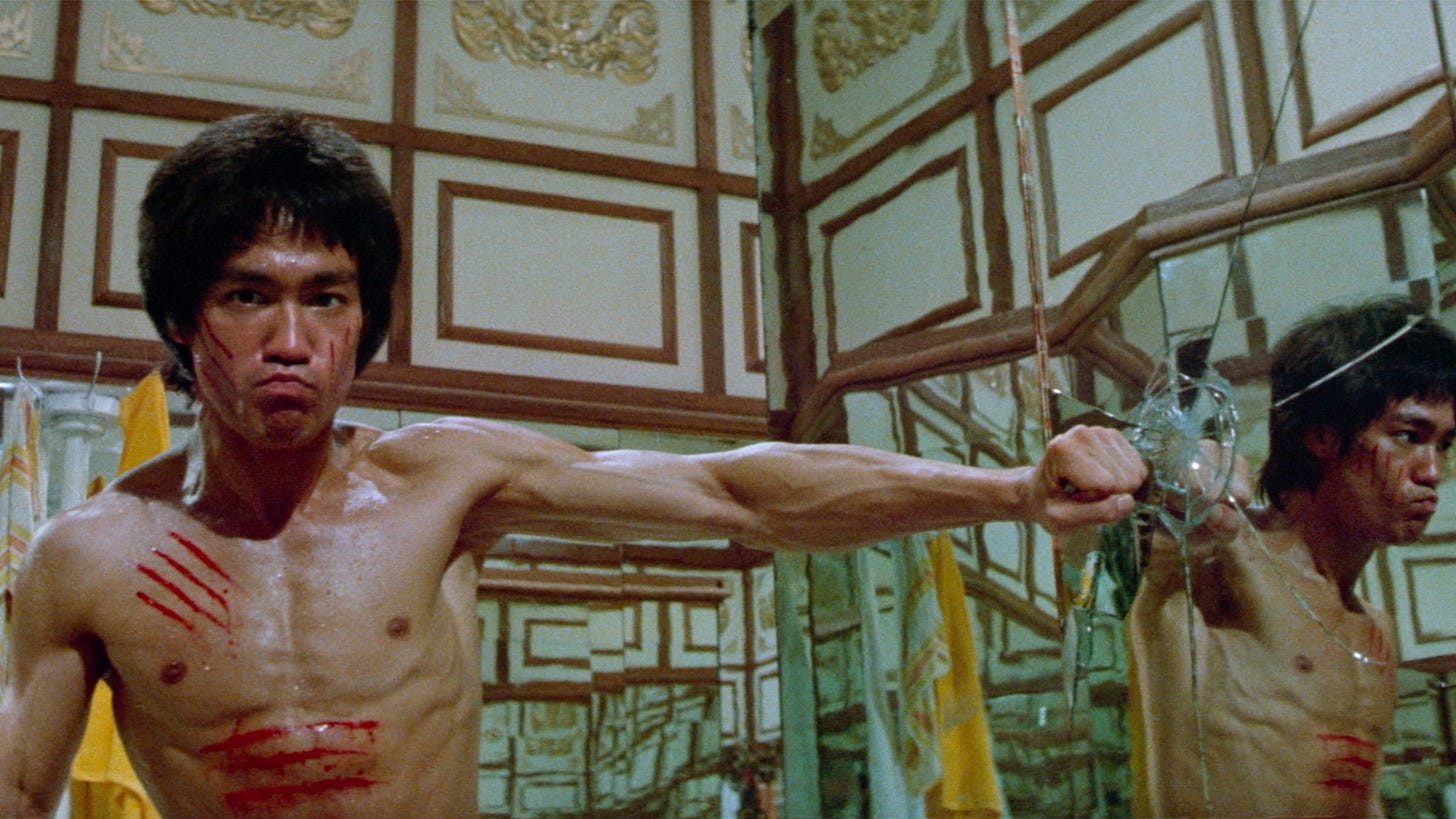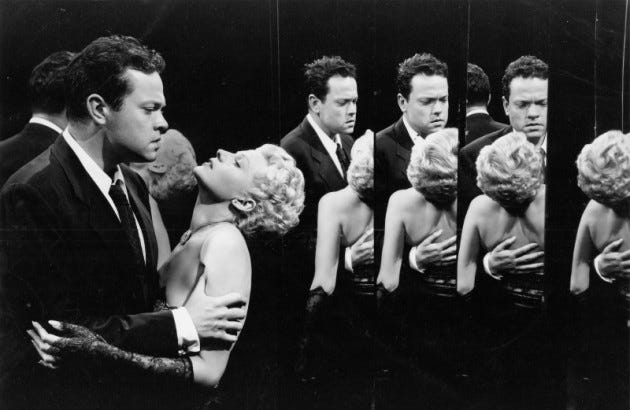“You use a glass mirror to see your face; you use works of art to see your soul.” (GB Shaw)
“Smile in the mirror. Do that every morning and you'll start to see a big difference in your life.” (Yoko Ono)
I’ve spent big chunks of my life inside gyms and if there’s one thing that all of them have in common, it’s mirrors. Wall-to-wall reflections ostensibly to monitor your workout form. People will practically fistfight one another to get a clear view of themselves.
Can you imagine what life was like before anyone had steady access to a functioning mirror?
Mirrors — according to “official” history — made their first appearance about 8,000 years ago. The materials varied (copper, bronze, iron ore, etc.) but the ancient Chinese, Egyptians, Turks, Mayans, and others fashioned rudimentary reflection tools for the ruling classes. They typically reflected only 20 percent of the light so you didn’t exactly get an accurate perception of your swag.
Almost 200 years ago, Justus von Liebig invented a more modern mirror in Germany. You can look up the specifics of its construction but rest assured, it was not designed for the proverbial 99%. As recently as a century ago, working-class homes might feature a small mounted mirror but nothing full-length or particularly practical.
Just like most manipulative creations, e.g. automobiles, televisions, computers, and smartphones, mirrors “suddenly” became ubiquitous. Simultaneously, massive markets were formed to help homo sapiens feel better about how their reflection appeared. After all, we were now made to believe that we had inherent “flaws.”
Societal beauty standards emerged and self-esteem was more the product of one’s appearance than, say, integrity or courage. We had new enemies like acne, body fat, hair loss, and discolored teeth to battle.
From diet pills to skin creams to toupees, our list of “needs” exponentially grew. Body image disorders materialized out of thin air. Psychology planted its flag.
Women, in particular, were targeted for manipulation.
For the vast majority of human existence, we might’ve placed value on one’s trustworthiness, practical skills, storytelling ability, or sense of humor. Now, the first thing we peruse on a dating app are the mirror selfies.
Today’s children can recognize themselves in a mirror by the age of two — thus shaping their sense of self in a very distinct way. In a world without mirrors, we’d establish our self-image in other ways — as a blind person would today.
What do you think your sense of self would be if you had never seen a clear representation of how you look to the rest of the world?
********************************************************************
It would be deeply appreciated if you’d sign up to be a paid subscriber for as little as $5 per month. It directly enables this blog/podcast to keep going and growing. You can find the link at the bottom of the post.
If you prefer, you can donate any amount whenever you’d like by clicking here. Thank you in advance, it helps!









Great one, Mickey - remember Narcissus, who fell in love with himself when he saw his reflection in a pool of water and attempting to embrace himself, drowned. An apt metaphor for today's culture of mirrors, it seems. What a different world it would be without mirrors, as in the ages past - fascinating to contemplate!
Wow!! https://www.dailymail.co.uk/femail/article-12559233/real-reason-self-checkouts-mirrors-revealed.html